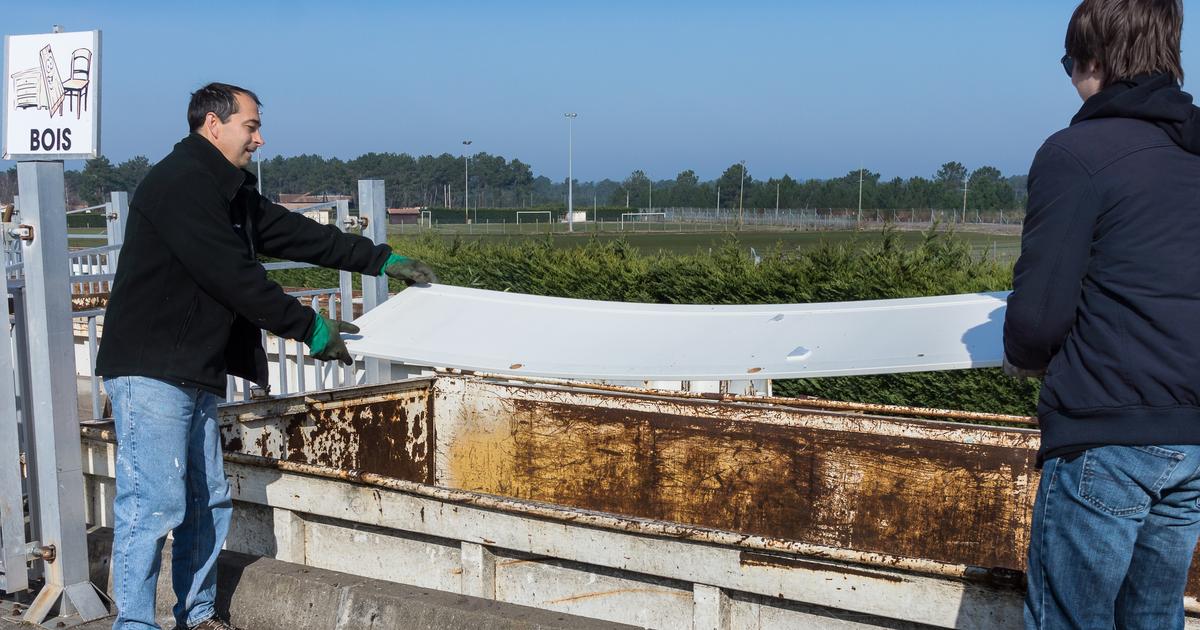Twelve million tons of food end up in the garbage in Germany every year.
The Kreisbildungswerk Freising and the new association “Remaining” want to educate people about food waste.
Freising
- In private households in particular, far too much food is thrown away.
The Kreisbildungswerk and the newly founded Freising Association “rest” want to oppose this and are focusing on the explosive topic this year under the motto “Every bite counts”.
In the digital kick-off event on Thursday, the first people who want to actively support the new association were found.
Products usually have a shelf life beyond their best-before date
The primary question of the digital meeting, namely what each individual can do about food waste, is actually easy to answer and should be widely known: shop consciously and trust your own senses when it comes to the best-before date (best before date). Most of the products, explained speaker and food saver Carolin Stanzl, are edible well beyond their best before date. The situation is different, of course, with the use-by date (VD), which sticks to minced meat, for example, and which should be adhered to. But what is also important: to store the food correctly, to correctly assess the portions when cooking and, if something is left over, to freeze leftovers.
What many Freisingers may not yet know: In the cathedral city there is the possibility of dropping off or picking up groceries at the Fairteiler Weihenstephan at Hohenbachernstraße 9, which is currently mainly used by students.
According to Stanzl, it is like a Bermuda triangle: As soon as the goods are there, they are already gone.
There is also a lively food sharing movement in Freising, which was founded in 2014 and currently brings together around 200 food savers.
There are around 15 partnerships with various shops to save food from the garbage can.
The "Remaining" association wants to open a non-profit café
In order to bring the topic of food waste to the public, the association “Rest” was founded a few months ago. As of May 1st, the food rescuers want to open the non-profit café “bereig” at Ziegelgasse 4 with its own fair divider as a meeting, educational and cultural venue. There should be free food and drinks on a donation basis. Founding member Carolin Stanzl is concerned that everyone is allowed to get something here - the only important thing is that no food is thrown away. But Stanzl also emphasized: The table naturally comes before food sharing. The food savers would, for example, step in at the weekly market when the table is closed. In Freising, kilos of food would be saved from the bin every day.
That is urgently needed: According to statistics, every German throws away 73.5 kilos of food, explained Carolin Stanzl - primarily vegetables and fruit.
Fish and meat were the least likely to end up in the trash at four percent.
However, those numbers only looked low on paper.
Because in Germany around 600 cattle are "thrown away" every day because the meat is not eaten.
"That is undignified, ethically extremely fatal and very sad," said Stanzl.
Lack of appreciation
The question of why around twelve million tons of food is thrown away every year in this country is explained by the food saver with the affluent society and the feeling of wanting and being able to get everything fresh at a low price at any time.
In her opinion, there is no appreciation for meat, for example, also because discounters offer cheap goods in this regard.
One solution here would be to keep staple foods low, but tax luxury items such as meat or chocolate higher.
But Carolin Stanzl also wants educational work and clarification.
About the fact that a third of the world's acreage would ultimately be cultivated for the bin.
There must be better redistribution here.
Because while the industrialized countries throw food in the bin, many people in the world go hungry.
Freising newsletter: Everything from your region!
Our brand new Freising newsletter informs you regularly about all the important stories from the Freising region - including all the news about the corona crisis in your community.
Sign up here.
Richard Lorenz














